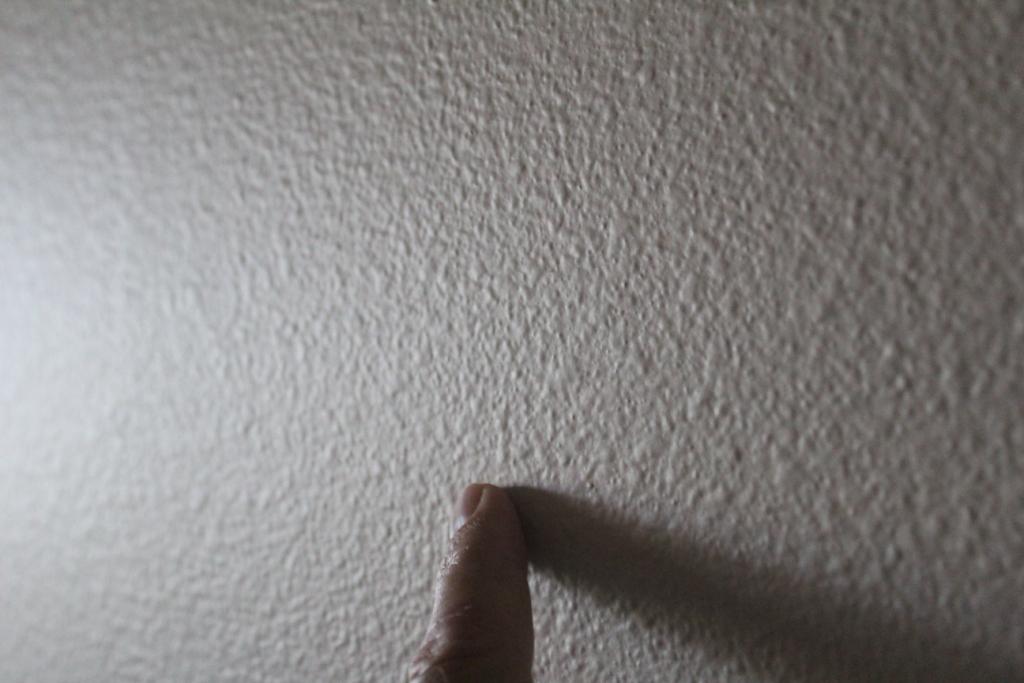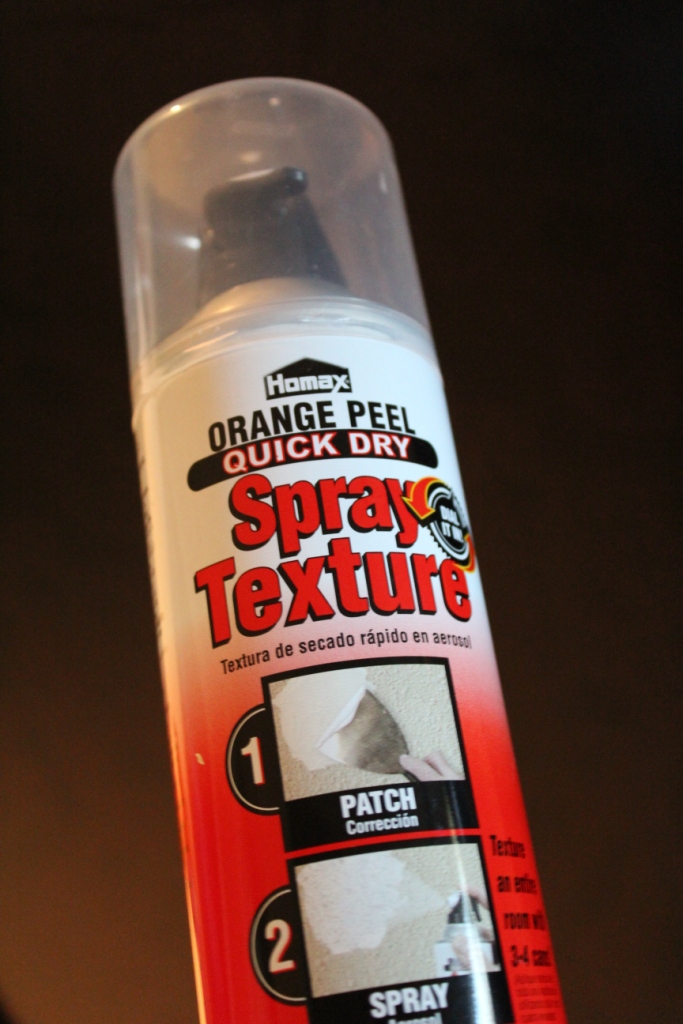Orange peel texture repairs can be necessary whenever you are building or remodeling a home. Whether a new wire had to be fished or a plumbing leak addressed, there will be times when you need to repair the drywall to it’s original condition. No matter what type of surface you have on your walls, there are certain repair techniques that can help the patch blend in better with the existing wall. Here we will discuss a few methods for tackling orange peel texture repairs in your home. Be sure to watch our newly published video below for more details.
What is Orange Peel Texture?
There are several common wall finishes in U.S. homes. Perlite, orange peel, and smooth are a few of the more common wall finishes in our homes. Orange peel texture provides a small amount of relief to the wall surface. As the name states, it looks like the surface of an orange when you get up close (see picture above). Wall textures are really a matter of preference. There really is no right or wrong…although a smooth finish is often considered a higher-end surface because there is no texture to hide imperfections. But this also makes paint and drywall touch-ups on a smooth wall difficult. Orange peel texture on the other hand, can be repaired to blend in with the rest of the wall if the proper techniques are used.
Options for Repair
There are three primary methods for repairing orange peel texture on walls. The first method is to use a watered down drywall mud (a.k.a. joint compound) with a sponge. You coat the sponge surface with a thin layer of joint compound and lightly press it to the wall patch. Once the compound dries, you sand it lightly to take off the high spots and then prime and paint. This repair method is probably the most difficult to get right.
Build your own small custom home for $165. Click here for details.
The second option is to use a roller cover specifically designed for orange peel texture. You can find these at paint stores and home improvement centers. You use these covers just like a paint roller cover but in this case, instead of paint, you will use a watered down drywall mud or compound. You should test the material on a scrap piece of plywood or cardboard to get the consistency just right prior to applying it to the patch.
The third and preferred method for orange peel texture repairs is to use a spray on texture in a can. These can be purchased at your local home improvement store for less than ten bucks and will cover an area between 60 and 100 square feet (of wall) depending on the thickness of the texture.
Repair Steps with Can Texture
- Repair the drywall board, tape, top coat and sand smooth. Make sure the repair is still within the existing plane of the wall…you don’t want to create a bulge that will stickout
- Prime the patch – this allows the spray texture to adhere properly to the wall
- Cover all finished surfaces in the area – the spray texture is oil based so you absolutely don’t want to get it on flooring, trim, furniture…etc.
- Read the manufacturer’s directions on the orange peel texture can and follow those to a “T”
- Practice using the spray texture can on a piece of cardboard or scrap plywood – practice getting the spray to a consistency close to the actual wall surface
- Spray the patch – remember, you want to duplicate the existing wall surface and these typically only have 60-80% coverage of the texture…so don’t put too much on
- Sand down high spots – after the texture dries, use a sanding sponge to level out the surface and take out any high spots
- Wipe off Dust – use a cloth to remove any dust from the surface of the wall
- Paint – you will want to paint the entire plane of wall so it blends in



